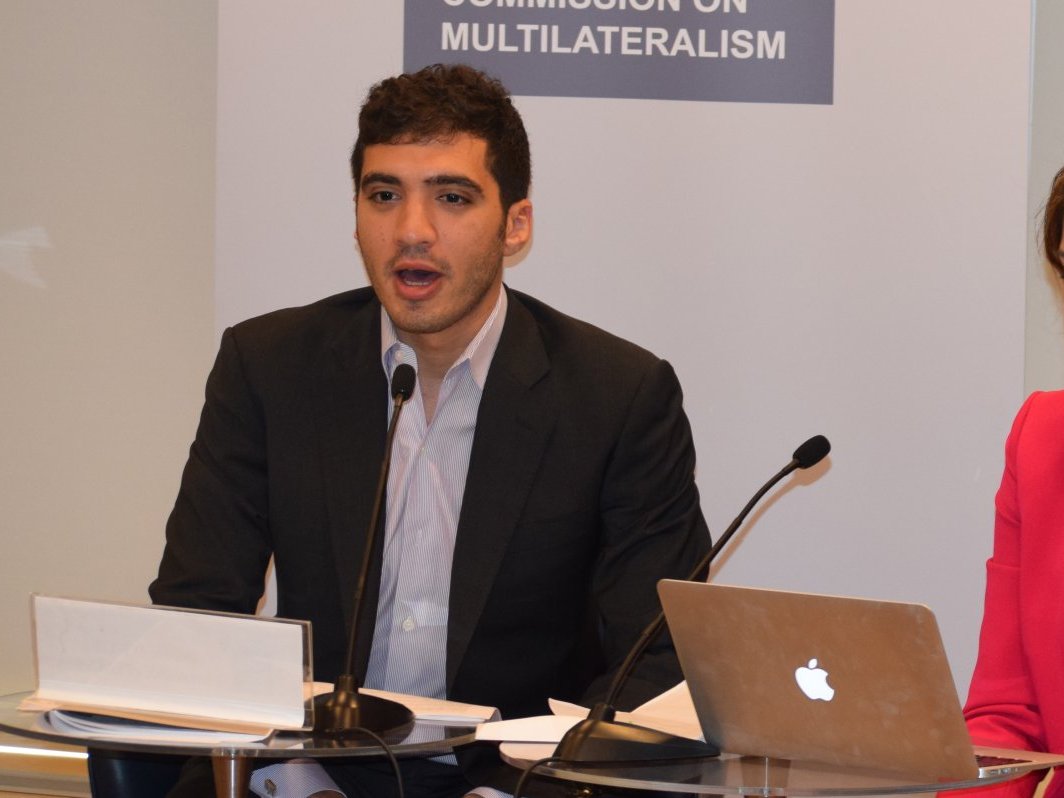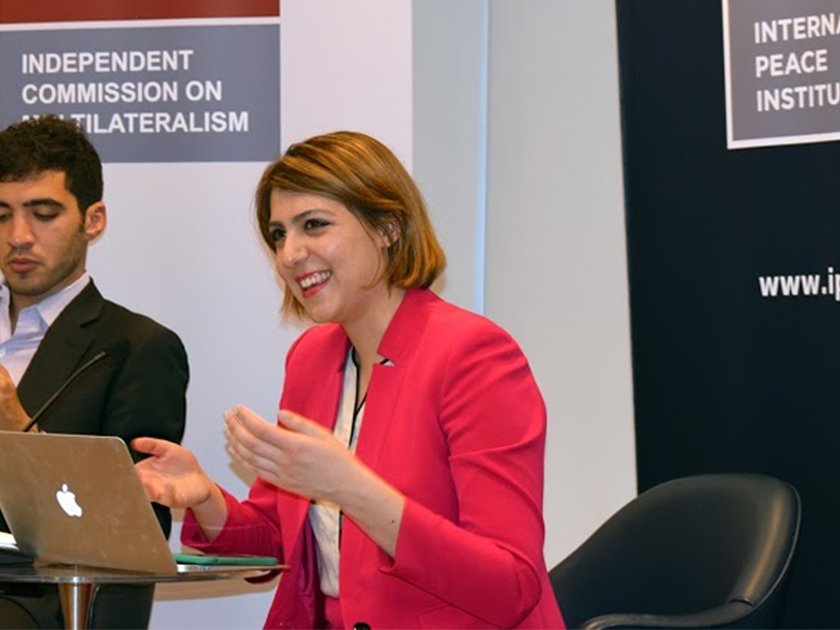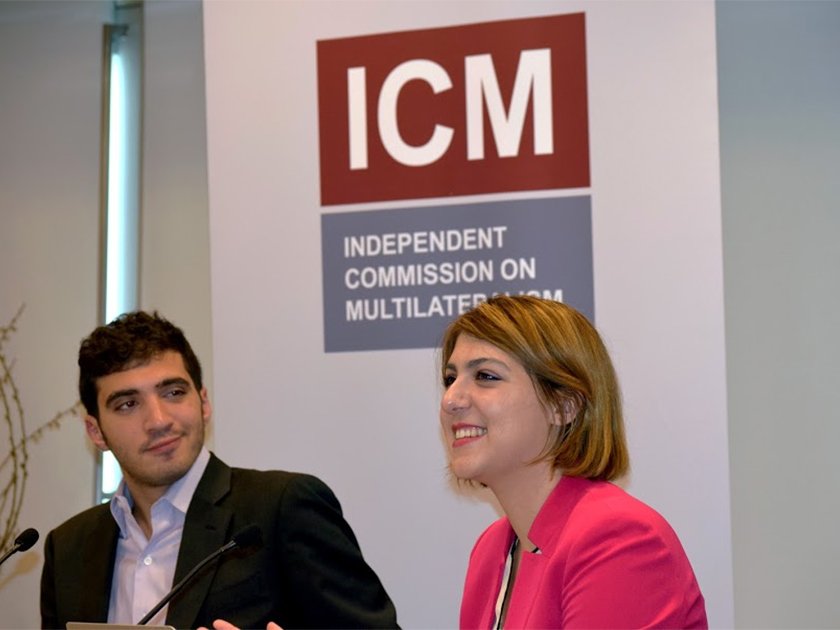The ICM hosted a public consultation on May 20th on its discussion paper “Engaging, Supporting, and Empowering Global Youth.”
Watch the webcast:
Initiatives to create spaces for youth in national, regional, and multilateral policymaking does not always address the exclusion of youth from existing spaces and spheres of power. Access to modern information technology, mobile phones that support internet service, and online communication platforms have leveled hierarchies and provided many youth opportunities to enter conversations and spaces they have traditionally been excluded from. By empowering youth to transcend the boundaries of traditional “youth” domains and create a larger space to participate in the very foundations of the multilateral system, the international community can shape a world that is inclusive and beneficial for all.
From entrepreneurship to education, social inclusion to health, and meaningful political participation to issues around violent extremism, the ICM’s work on this topic seeks to identify where the major challenges and opportunities exist for youth engagement and empowerment within a multilateral framework. The aforementioned issues highlight the crosscutting nature of the challenges faced by youth and the importance of the multilateral system in implementing holistic and integrated approaches to address those challenges. The Sustainable Development Goals and the UN Security Council Resolution on Youth, Peace, and Security provide two clear opportunities for continued and increased engagement of young people in both policymaking and implementation.
This public consultation was held on Facebook Live to provide a platform for global youth networks to comment and exchange perspectives on ways in which the multilateral system can better support, engage, and empower youth, particularly by increasing youth participation in multilateral decision making. Youth from at least 9 different countries ranging from Pakistan and Kenya to Austria and Malaysia, participated in the public consultation by using the comment section and emoji reactions on Facebook. Over 10,000 individuals have viewed the public consultation online and 49 individuals viewed the video live. The consultation focused on the insights and recommendations of the discussion paper. We received feedback from members of civil society organizations, academia, member states, and the private sector, and consequently considered the feedback while making adjustments to the paper.
Facilitators:
Mr. Omar El Okdah, Senior Policy Analyst, International Peace Institute
Ms. Hillary Saviello, Assistant Web Editor, International Peace Institute



